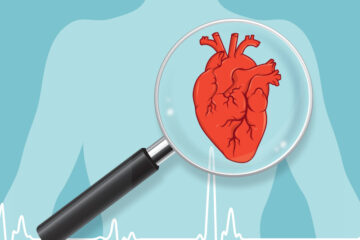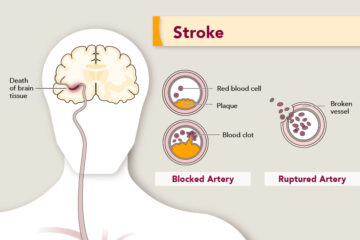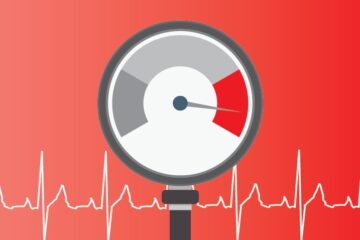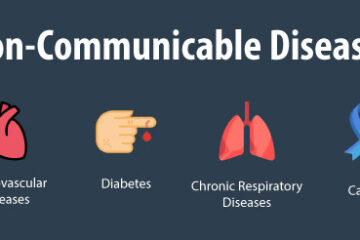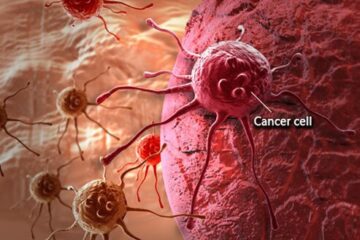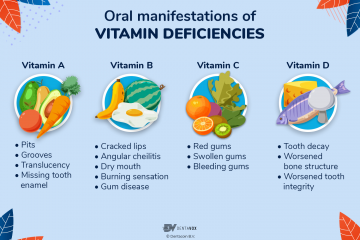What is Bipolar Disorder?
Bipolar disorder is a mental health condition that causes extreme mood swings including emotional highs (mania or hypomania) and lows (depression). An individual with bipolar disorder will experience changes in energy, moods, and levels of activity that make day-to-day living difficult. This means that it affects how a person feels and the moods can shift massively. A person will experience episodes of mania and depression and when the mood changes, there will be changes in the energy levels and how a person acts. People with bipolar disorder may have trouble managing their day-to-day life activities at work or school, or Read more…
 . We believe in individualized care for an optimized life!
. We believe in individualized care for an optimized life!
